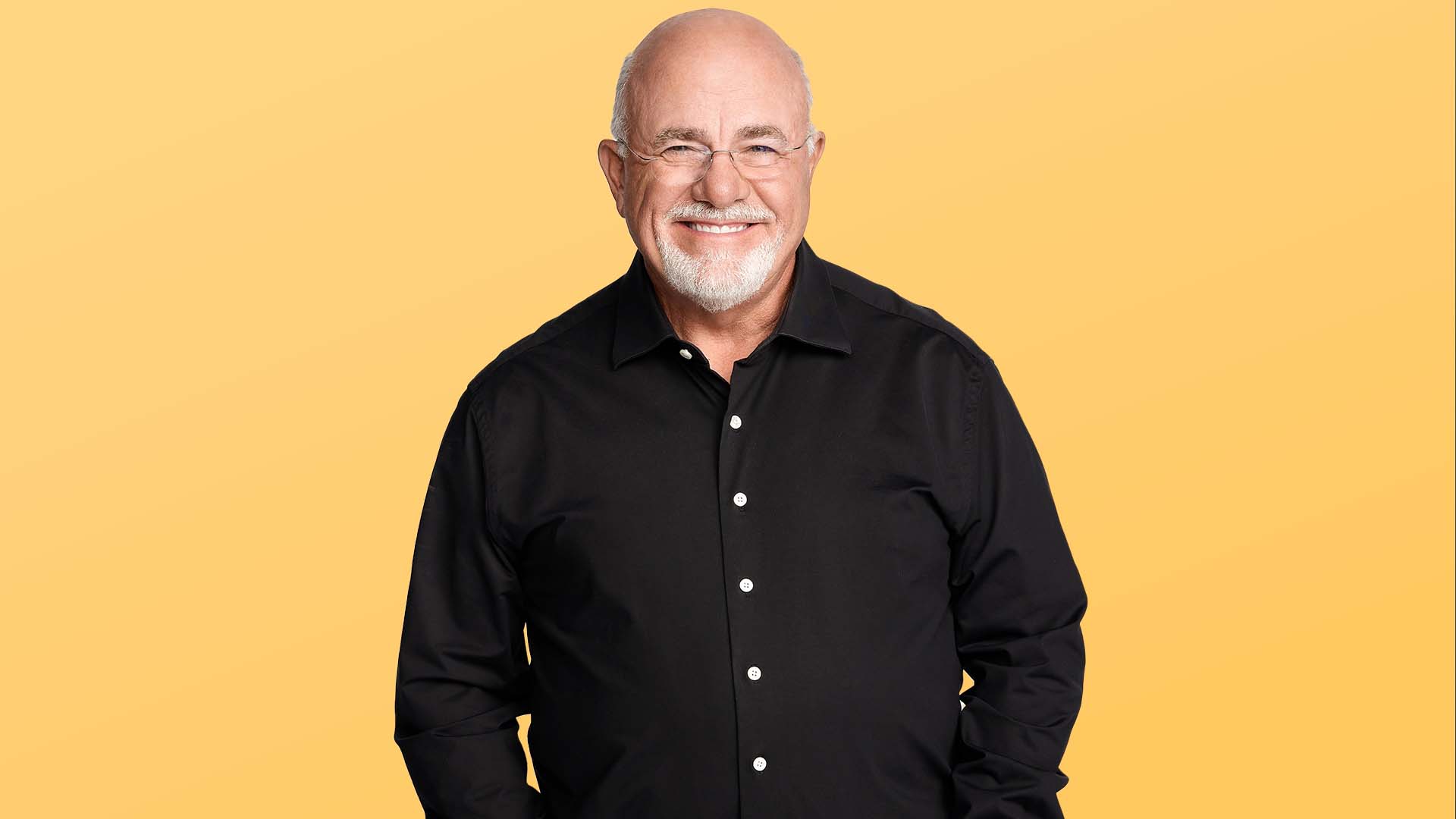4 Insurance Mistakes Most People Make — and How To Avoid Them

Commitment to Our Readers
GOBankingRates' editorial team is committed to bringing you unbiased reviews and information. We use data-driven methodologies to evaluate financial products and services - our reviews and ratings are not influenced by advertisers. You can read more about our editorial guidelines and our products and services review methodology.

20 Years
Helping You Live Richer

Reviewed
by Experts

Trusted by
Millions of Readers
Purchasing life insurance is one of those milestone moves that makes you feel like a grown-up. It’s a sign that you’re ready to protect your family financially and prepare for the unexpected or even get strategic about how you build long-term wealth. But that doesn’t mean it’s an easy decision. From underestimating your coverage needs to misunderstanding different policy types, even well-meaning individuals can make costly mistakes.
That’s why GOBankingRates spoke with Marguerita Cheng, CFP, CEO of Blue Ocean Global Wealth, as part of our Top 100 Money Experts series. With over two decades of experience and recognition from Investopedia, InvestmentNews, and the Financial Planning Association, Cheng has seen the consequences of poor insurance planning — and she wants to help you avoid them.
Here are four of the most common insurance mistakes, and what to do instead.
1. Not Understanding the Need for Life Insurance
All too often, people (perhaps you?) get caught up on other financial goals, like investing, building an emergency fund, or saving for retirement — and put life insurance on the back burner. You may assume that the coverage you get through your employer is enough, or that all insurance policies are created equal. Neither is true.
“One of the biggest mistakes I see people making is not proactively addressing the need for life insurance,” Cheng said. “Insurance helps protect clients against risk. Because insurance is not as exciting as investments, many people ignore it.”
In reality, if you have dependents who rely on your income — for basic needs, education, or retirement planning — you’ll almost certainly need more than your employer’s policy. Cheng says a trusted advisor or insurance broker can help you determine how much and what kind of coverage you need to ensure your family can maintain their current lifestyle.
2. Overpaying or Choosing a Policy That Doesn’t Fit Their Life Stage
Life insurance isn’t one-size-fits-all — and failing to match your policy to your current life stage or goals could lead to overpaying.
“One of the best ways consumers can ensure they are not overpaying for coverage is to have a combination of both group and individual coverage,” Cheng said.
Think of your group insurance (as in, the insurance you get through an employer) as the most basic protection — it likely won’t be enough on its own. Combining it with an individual policy, often term life, can help ensure you have enough coverage to support your family if they were to lose your income without breaking your budget.
Cheng also emphasizes the importance of context: “Another way for consumers to ensure they have coverage that meets their personal and financial situation is to address life insurance and risk management as part of the overall financial planning process.”
Consider your bigger financial picture: How many years until your mortgage is paid off? When do you plan on retiring? How long until your children are financially independent? What other assets do you have?
Treating life insurance as part of your bigger financial picture rather than an isolated decision means you’re better positioned to choose coverage that’s both cost-effective and aligned with your long-term goals.
3. Thinking All Insurance Policies Serve the Same Purpose
It’s easy to think one life insurance policy is just like another, but the type of coverage you choose can have a big impact on how well it supports your coverage needs and financial goals.
“For estate planning, special needs planning and business continuity planning, permanent insurance may be more appropriate,” said Cheng. “Sometimes, for individuals and families who have a large insurance need, we may consider purchasing term and permanent insurance.”
It’s important to understand the different kinds of policies and the role they would play in your overall financial plan. That might mean using a term policy for temporary needs, like income replacement, and permanent coverage for long-term planning, such as leaving a financial legacy or supporting a loved one with special needs.
Talking to a financial professional can help you sort through the options and choose the kind of policy that’s best for your situation — not just the one that seems easiest or most familiar.
4. Getting Overwhelmed and Avoiding It Altogether
It’s all too easy to put off getting life insurance — the process can feel stressful and overwhelming. Cheng wants you to take the time to find someone who can help you find the best policy for your situation.
“I don’t want people to feel overwhelmed by life insurance,” she said. “It’s worth taking the time to understand your options. Working with a certified financial planner can help you feel more clear and confident about your life insurance decisions.”
A planner can walk you through your choices and help you find the right policy — so you can move forward with confidence instead of putting it off.
This article is part of GOBankingRates’ Top 100 Money Experts series, where we spotlight expert answers to the biggest financial questions Americans are asking. Have a question of your own? Share it on our hub — and you’ll be entered for a chance to win $500.
 Written by
Written by  Edited by
Edited by  Money Expert
Money Expert 











































































































